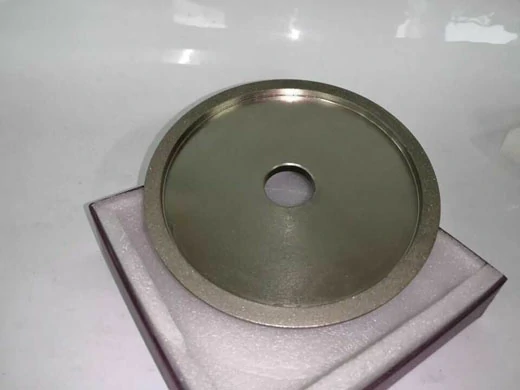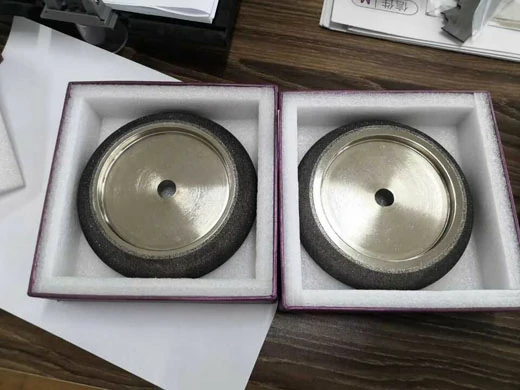When it comes to grinding High-Speed Steel (HSS) tools, the choice between resin and cubic boron nitride (CBN) grinding wheels is a critical decision that can significantly impact the performance and finish of the tools. Both types of grinding wheels have their own unique characteristics and advantages, making it important for toolmakers to carefully consider the specific requirements of their applications before making a selection.
The Characteristics of Resin Grinding Wheels
Resin grinding wheels are traditionally made from phenolic resin and are often used in precision grinding operations due to their ability to provide a fine surface finish. These wheels are generally more affordable than CBN wheels and are suitable for a wide range of applications, including sharpening and shaping HSS tools. However, they may wear out faster when used at high speeds or in aggressive grinding conditions. Their performance can also be influenced by factors such as heat buildup and pressure, which may result in reduced tool life and increased downtime for tool maintenance.
The Advantages of CBN Grinding Wheels
CBN grinding wheels, on the other hand, are known for their exceptional hardness and thermal conductivity, making them ideal for grinding HSS tools at high speeds and with heavy cuts. These wheels are composed of cubic boron nitride particles bonded to a substrate, and they offer superior wear resistance and thermal stability compared to resin wheels. As a result, they are capable of maintaining their sharpness and abrasive properties over a longer period, leading to improved productivity and cost savings in the long run. Additionally, CBN wheels generate less heat during grinding, reducing the risk of thermal damage to the workpiece and extending the lifespan of the tools being ground.

The Impact on Tool Performance
When choosing between resin and CBN grinding wheels for HSS tools, the performance requirements of the specific application should be carefully evaluated. For instance, if the priority is to achieve a high-quality surface finish, a resin wheel may be the preferred choice due to its ability to produce finer and more polished surfaces. On the other hand, when high material removal rates and extended tool life are crucial, CBN wheels offer significant advantages by providing faster cutting speeds and longer intervals between wheel dressing and truing. Moreover, CBN wheels can minimize the risk of producing excessive heat and residual stress on the workpiece, which is particularly important for preserving the structural integrity of HSS tools and preventing premature failure.
In conclusion, both resin and CBN grinding wheels offer distinct benefits and considerations for grinding HSS tools. While resin wheels excel in producing fine finishes and are suitable for various grinding tasks, CBN wheels provide exceptional durability and heat resistance, making them well-suited for demanding applications that require high cutting speeds and prolonged tool life. Ultimately, the choice between the two types of grinding wheels should be based on a thorough assessment of the specific requirements and priorities of the tool grinding operation, taking into account factors such as material, cutting conditions, and desired surface finish. By making an informed decision, toolmakers can optimize the performance and longevity of their HSS tools while achieving the desired results efficiently and effectively.
.webp)
